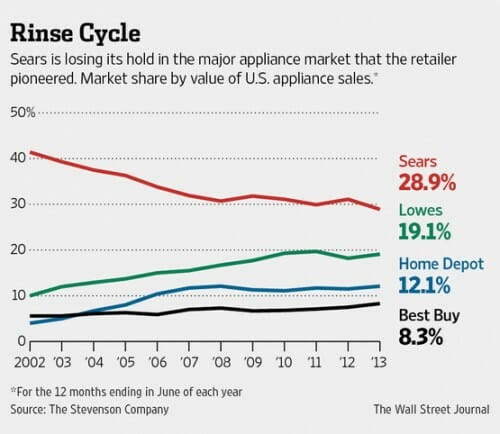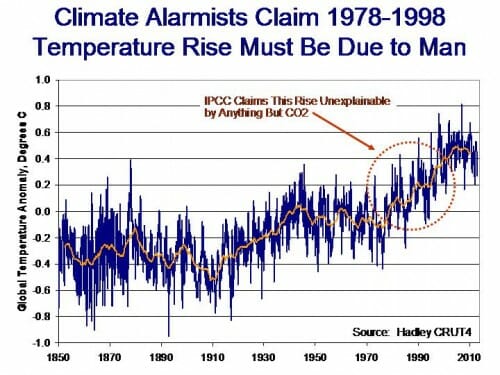Meet the Person Who Wants to Run Your Life -- And Obama Wants to Help Her
I am a bit late on this, but like most libertarians I was horrified by this article in the Mail Online about Obama Administration efforts to nudge us all into "good" behavior. This is the person, Maya Shankar, who wants to substitute her decision-making priorities for your own
If the notion -- that a 20-something person who has apparently never held a job in the productive economy is telling you she knows better what is good for you -- is not absurd on its face, here are a few other reasons to distrust this plan.
- Proponents first, second, and third argument for doing this kind of thing is that it is all based on "science". But a lot of the so-called science is total crap. Medical literature is filled with false panics that are eventually retracted. And most social science findings are frankly garbage. If you have some behavior you want to nudge, and you give a university a nice grant, I can guarantee you that you can get a study supporting whatever behavior you want to foster or curtail. Just look at the number of public universities in corn-growing states that manage to find justifications for ethanol subsidies. Recycling is a great example, mentioned several times in the article. Research supports the sensibility of recycling aluminum and steel, but says that recycling glass and plastic and paper are either worthless or cost more in resources than they save. But nudgers never-the-less push for recycling of all this stuff. Nudging quickly starts looking more like religion than science.
- The 300 million people in this country have 300 million different sets of priorities and personal circumstances. It is the worst hubris to think that one can make one decision that is correct for everyone. Name any supposedly short-sighted behavior -- say, not getting health insurance when one is young -- and I can name numerous circumstances where this is a perfectly valid choice and risk to take.
- The justification for this effort is social science research about how people manage decisions that involve short-term and long-term consequences
Some behavioral scientists believe they can improve people's self-control by understanding the relationship between short term memory, intelligence and delay discounting.
This has mostly been used to counter compulsive gambling and substance abuse, but Shankar's entry into government science circles may indicate that health insurance objectors and lapsed recyclers could soon fall into a similar category
I am sure there is a grain of truth in this -- all of us likely have examples of where we made a decision to avoid short term pain that we regretted. But it is hilarious to think that government officials will somehow do better. As I have written before, the discount rate on pain applied by most legislators is infinite. They will do any crazy ridiculous thing that has horrible implications five or ten years from now if they can just get through today. Why else do government bodies run massive sustained deficits and give away unsustainable pension and retirement packages except that they take no consideration of future consequences. And it is these people Maya wants to put in charge of teaching me about delay discounting?
- It probably goes without saying, but nudging quickly becomes politicized. Is nudging 20-something health men to buy health insurance really in their best interests, or does it help keep an important Obama program from failing?
Postscript: Here is a great example of just how poorly the government manages delay discounting. In these cases, municipalities are saddling taxpayers with almost certainly bankrupting future debt to avoid paying any short-term costs.
Texas school districts have made use of another controversial financing technique: capital appreciation bonds. Used to finance construction, these bonds defer interest payments, often for decades. The extension saves the borrower from spending on repayment right now, but it burdens a future generation with significantly higher costs. Some capital appreciation bonds wind up costing a municipality ten times what it originally borrowed. From 2007 through 2011 alone, research by the Texas legislature shows, the state’s municipalities and school districts issued 700 of these bonds, raising $2.3 billion—but with a price tag of $23 billion in future interest payments. To build new schools, one fast-growing school district, Leander, has accumulated $773 million in outstanding debt through capital appreciation bonds.
Capital appreciation bonds have also ignited controversy in California, where school districts facing stagnant tax revenues and higher costs have used them to borrow money without any immediate budget impact. One school district in San Diego County, Poway Unified, won voter approval to borrow $100 million by promising that the move wouldn’t raise local taxes. To live up to that promise, Poway used bonds that postponed interest payments for 20 years. But future Poway residents will be paying off the debt—nearly $1 billion, all told—until 2051. After revelations that a handful of other districts were also using capital appreciation bonds, the California legislature outlawed them earlier this year. Other states, including Texas, are considering similar bans.
Or here is another example, of New York (the state that is home to the mayor who tries to nudge his residents on everything from soft drinks to salt) using trickery to consume 25 years of revenue in one year.
Other New York deals engineered without voter say-so include a $2.7 billion bond offering in 2003, backed by 25 years’ worth of revenues from the state’s gigantic settlement with tobacco companies. To circumvent borrowing limits, the state created an independent corporation to issue the bonds and then used the money from the bond sale to close a budget deficit—instantly consuming most of the tobacco settlement, which now had to be used to pay off the debt.
By the way, I recommend the whole linked article. It is a pretty broad survey of how state and local governments are building up so much debt, both on and off the books, and how politicians bend every law just to be able to spend a few more dollars today.




